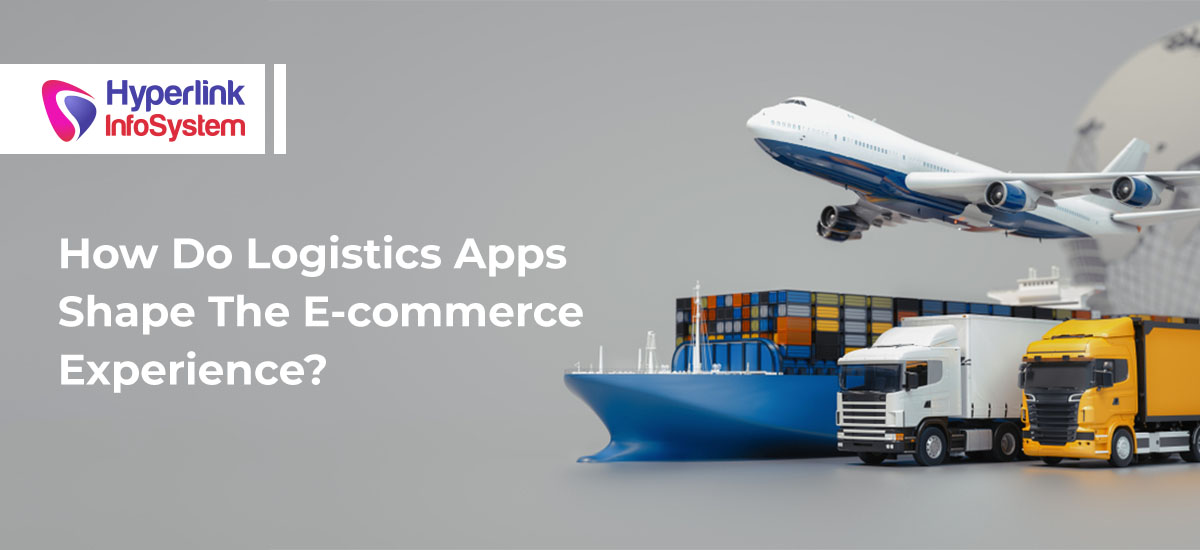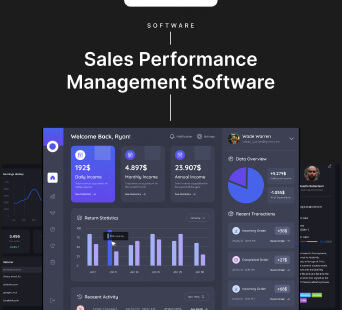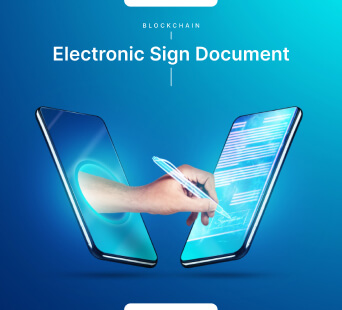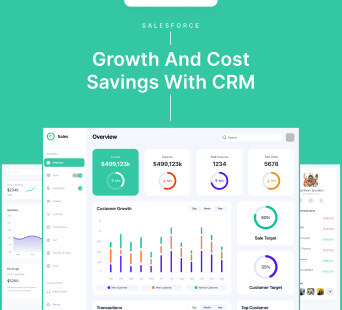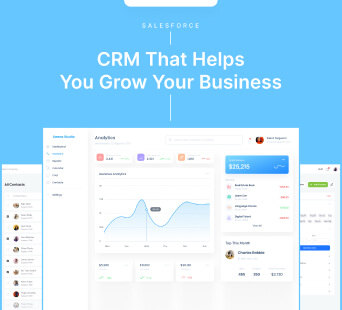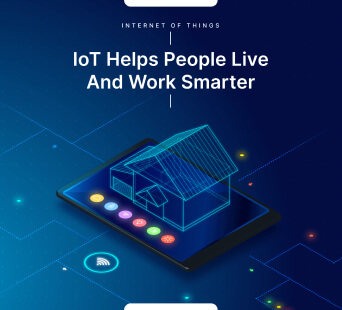Customers' purchasing product experiences are predicted to be drastically affected by e-commerce platforms in the industry and business. Even though e-commerce has taken off and has swept much of the capitalization and up-gradation, market data shows that the road to fulfilling its full potential is still lengthy.
The most critical applications are sometimes the ones we have never made use of. When the needle stops and comes to e-commerce, the apps that other people use to fulfill and deliver our purchases may have a greater effect on our customer journeys than the applications we use to buy stuff.
We've grown accustomed to touching a few buttons on our phone or tablet apps and having a world of goods and services at our fingertips, especially during this epidemic. From grocery shopping and food delivery apps to anything and everything, we can get it all with a few clicks and have it delivered right to our home. We can also monitor the steady progress of our orders at any moment, in a real-time application, leading up to delivery.
The strategic relevance of logistics and applications, both as a cost driver of the product and as a service enabler, has been recognized by the majority of organizations in the physical products categories, but it is unclear how to adapt the "logistics strategy" to different types of "logistics problems."
The major goal of this logistic application which we never use is to examine the link between logistics strategies and logistical challenges in physical products e-commerce to propose a broad normative model of a product and draw some significant management implications to aid B2C merchants in developing their logistics strategies and applications.
Every time we purchase any product then it sets in motion a chain of events that we take for granted - logistics. And, more often than not, different people's logistic applications provide those wonderful customer experiences. These applications are part of a larger trend of businesses putting money into e-commerce logistics. As e-commerce continues to grow, worldwide logistics investment will increase by 30% by 2022.
If the customer experience for any company is a failure but if there is an application that has a better understanding of logistics and statistics then it provides estimated results and turnover.
It has improved logistics tracking. An application that can be installed could be used to offer expected time slots as well as convey updates if they were late or needed to reschedule would have greatly improved the customer experience overall for everyone.
What will be some of the difficulties you've seen support agents confront, particularly in the logistics and e-commerce sectors? What are some of the most prevalent consumer concerns they encounter, and how are they dealing with them?
When you look deeper inside the firms and at the Customer Support side of things, you'll see that things have changed dramatically. They've been functioning remotely, and certain firms' order values, among other things, have skyrocketed, making it extremely difficult for enterprises to grow their support services using the e-commerce platform and logistics application development.
Adding some more information and examples to it, Customers are currently placing orders for items that they urgently want. As a result, they're paying more attention to their commands. When items don't arrive on time, they're left with doubts regarding their orders, and they're anxious for a response.
The best firms are always looking out for their clients, aiming to keep them updated about the situation and keep them informed about concerns ahead of time, rather than allowing them to worry after anything goes wrong. More organizations are adopting a proactive strategy since it allows support employees to work on their schedules rather than being assigned to a place when a client calls with a problem.
Businesses and industries have noticed a difference in terms of providing better logistic service to their customers first by utilizing the data they have available and paying a little more attention to what's happening with their shipments and statistics while they're in route.
Interaction and speaking with a couple of our more proactive customers, and they shared the experience of the logistic application and the best investment they could make right now is to increase our customers' engagement and experience.
This produces a lot of goodwill, and people remember how well we helped them when they needed it the most. And even when the issue has gone, that certainly means a lot to every customer.
The analysis of the logistic applications being an advantage to the e-commerce platform shows this deep research which has at least three key management implications.
Firstly, it demonstrates the logistics applications and strategy which is dependent on the individual logistical challenge, which the merchant must thoroughly analyze in terms of both customer service and product attributes.
Second, while the logistics problem is the most essential component for any product in the e-commerce platform, it is not the only one that influences the logistics application strategy decision. When there is no apparent preponderance of either customer service level or based on any experience of the product attributes in influencing the logistics, the application, and its complexity, the business model becomes an independent variable.
With "Service to the Customer" and "Product-Side complexity" difficulties, managing the entire logistics and application process internally or just outsourcing the developing software to a provider are both effective productively and with efficient solutions.
Adaption and agility are the takeaway deal to upgrade the current business scenario. Increased attention on customer service and engagement would benefit retailers and logistics organizations in terms of offering value and ensuring future repeat consumers.
Retailers are the prime suppliers of products and services in any business or industry, with logistics businesses in charge of delivering them to customers. Using all the skills related to logistics and statistics it will benefit the company or the business in the long run.
